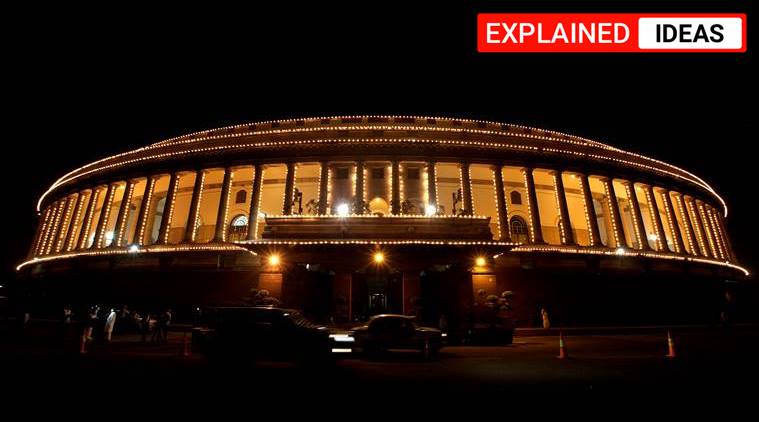© The Indian Express Pvt Ltd
Latest Comment
Post Comment
Read Comments
 Parliament House. (File Photo)
Parliament House. (File Photo)
One of the casualties of the Covid pandemic has been the normal functioning of the Indian Parliament. In his opinion piece in The Indian Express, Adhir Ranjan Chowdhury, the leader of Congress in Lok Sabha, argues for the resumption of Parliament. He writes that several options can be considered, learning from the best practices of legislatures around the world.
“First, there can be the usual meetings/sittings but with preventive measures in place to protect MPs. In addition to ensuring social distancing, Parliament’s premises can be sterilised as per WHO guidelines,” he writes. “Legislatures in Egypt, France, Germany, Israel, Sweden and the European Parliament have opted for this model,” he points out.
Also Read | If you are infected: demystifying Covid-19 care
“Second, Parliament sessions can be attended remotely through video conferencing and web meetings,” he states. Indonesia, Venezuela, South Africa, Poland, Argentina, Brazil and many others have opted for this model.
“Third, a hybrid model, which incorporates elements of both the above models, can be considered”. The Philippines and the United Kingdom can serve as a guide in this regard.
Article 85(1) in the Constitution states: “The President shall from time to time summon each House of Parliament to meet at such time and place as he thinks fit, but six months shall not intervene between its last sitting in one Session and the date appointed for its first sitting in the next Session.”
“The maximum gap of six months between sessions is important to be kept in mind. The last sitting of the 17th Lok Sabha was on March 23. Six months or 180 days will elapse on September 19. The House must be summoned before that date”.
📣 Express Explained is now on Telegram. Click here to join our channel (@ieexplained) and stay updated with the latest
Chowdhury also points out the role of the prime minister in this regard. “A crucial factor that should not be lost sight of is that though the power to summon Parliament is vested in the President, the latter acts on the advice on the council of ministers, headed by the prime minister”.
“The people are eagerly awaiting the resumption of Parliament, especially at a time the country is reeling from a monstrous pandemic and concerned about the Chinese aggression,” he concludes.